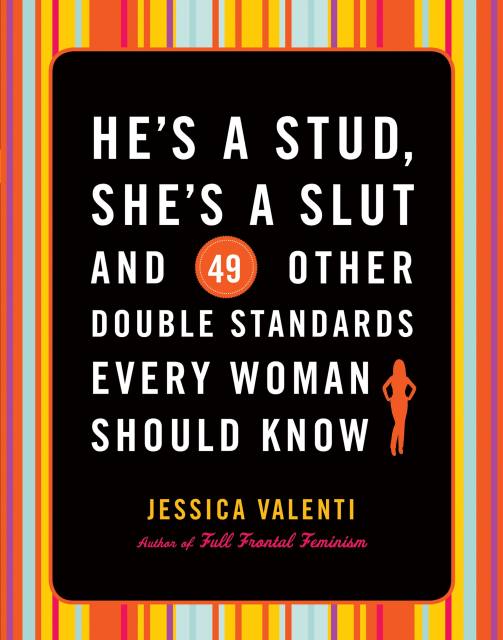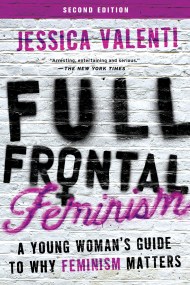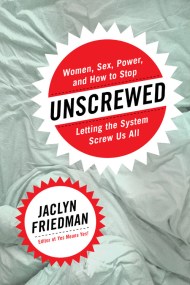By clicking “Accept,” you agree to the use of cookies and similar technologies on your device as set forth in our Cookie Policy and our Privacy Policy. Please note that certain cookies are essential for this website to function properly and do not require user consent to be deployed.
He’s a Stud, She’s a Slut, and 49 Other Double Standards Every Woman Should Know
Contributors
Formats and Prices
- On Sale
- May 6, 2008
- Page Count
- 224 pages
- Publisher
- Seal Press
- ISBN-13
- 9781580052450
Price
$18.99Price
$23.99 CADFormat
Format:
- Trade Paperback $18.99 $23.99 CAD
- ebook $11.99 $15.99 CAD
This item is a preorder. Your payment method will be charged immediately, and the product is expected to ship on or around May 6, 2008. This date is subject to change due to shipping delays beyond our control.
Buy from Other Retailers:
Double standards are nothing new. Women deal with them every day. Take the common truism that women who sleep around are sluts while men are studs. Why is it that men grow distinguished and sexily gray as they age while women just get saggy and haggard? Have you ever wondered how a young woman is supposed to both virginal and provocatively enticing at the same time? Isn’t it unfair that working moms are labeled “bad” for focusing on their careers while we shake our heads in disbelief when we hear about the occasional stay-at-home dad?
In 50 Double Standards Every Woman Should Know, Jessica Valenti, author of Full Frontal Feminism, calls out the double standards that affect every woman. Whether Jessica is pointing out the wage earning discrepancies between men and women or revealing all of the places that women still aren’t equal to their male counterparts-be it in the workplace, courtroom, bedroom, or home-she maintains her signature wittily sarcastic tone.
With sass, humor, and in-your-face facts, this book informs and equips women with the tools they need to combat sexist comments, topple ridiculous stereotypes (girls aren’t good at math?), and end the promotion of lame double standards.
Newsletter Signup
By clicking ‘Sign Up,’ I acknowledge that I have read and agree to Hachette Book Group’s Privacy Policy and Terms of Use






